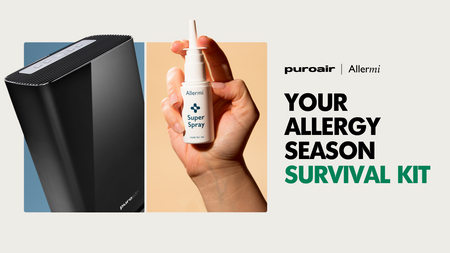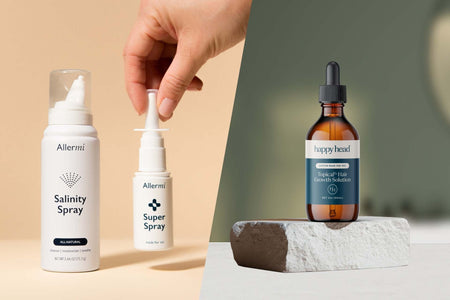Overview:
This 12-month, multicenter, open-label study evaluated the long-term safety and efficacy of triamcinolone acetonide (TAA) aqueous nasal spray for treating perennial allergic rhinitis (PAR). The study followed patients who had participated in a prior 4-week, double-blind trial and assessed symptom relief and adverse events over an extended period. Patients either continued on TAA or switched from placebo to TAA for the duration of the study.
The Takeaways:
-
Sustained Symptom Relief: PAR symptoms improved progressively over the 12 months, indicating continued effectiveness with long-term use.
-
Good Tolerability: The majority of patients completed the full year of treatment, with 62% reaching the 12-month mark.
-
Mild to Moderate Adverse Events: The most common side effects were pharyngitis (32%), rhinitis (28.5%), headache (22.1%), and epistaxis (18%). These were generally mild, consistent with expected seasonal symptoms or common cold.
-
No Unexpected Safety Issues: Adverse events were similar to prior long-term TAA aerosol studies, with no indication of serious systemic effects or safety concerns.
Why It Matters:
Effective long-term management of perennial allergic rhinitis is essential for patients experiencing year-round symptoms. This study reinforces the value of intranasal corticosteroids like triamcinolone as a safe, effective treatment when used daily over extended periods—providing confidence for both patients and clinicians in ongoing use.
The Link to Allermi:
Allermi's custom nasal sprays may include triamcinolone to support patients needing long-term control of persistent allergy symptoms. This study validates triamcinolone’s use in extended therapy, offering a safe, clinically proven option for managing chronic nasal inflammation and congestion. Its inclusion in Allermi’s formulations ensures sustained efficacy without compromising safety.
For more details, refer to the full study: Long-term safety and efficacy of triamcinolone acetonide aqueous nasal spray for the treatment of perennial allergic rhinitis








